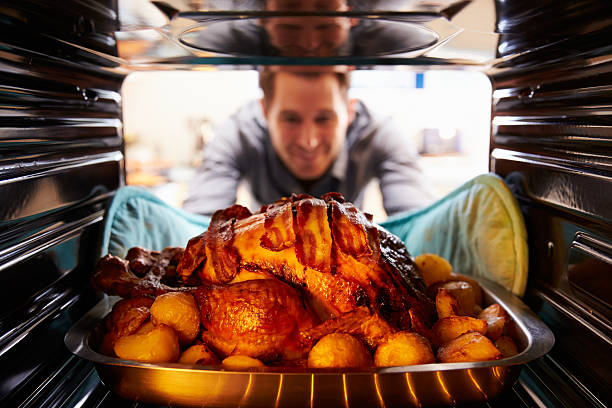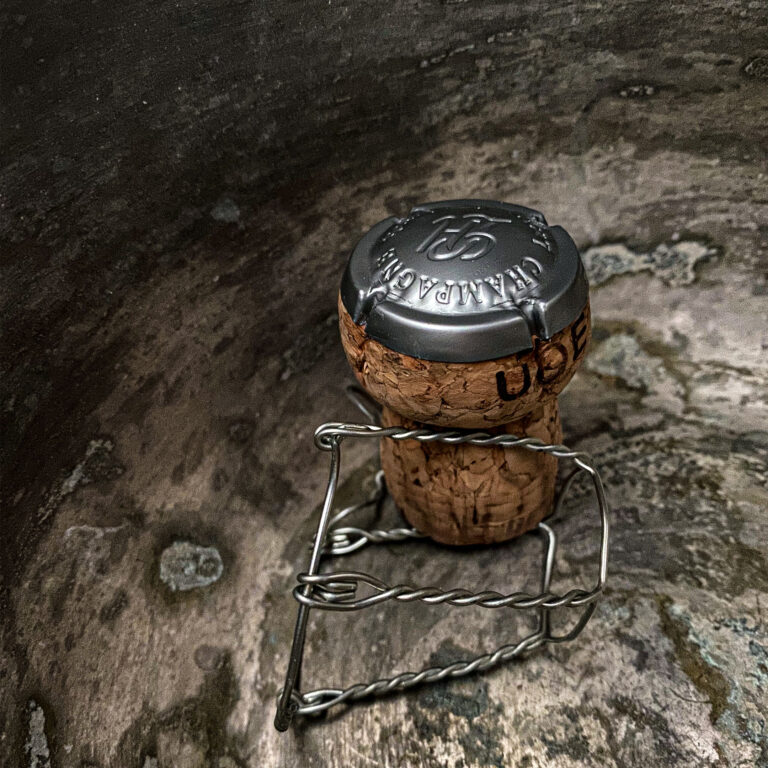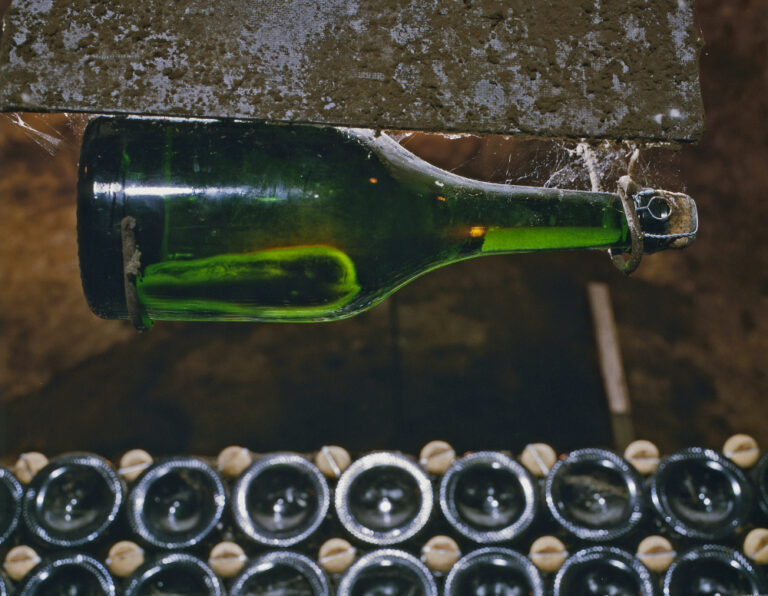Everyone knows that champagne gives us a special buzz. A common description of the champagne buzz involves feeling mentally refreshed, but at the same time, the legs refuse to obey the brain’s signals. How you react is highly individual, although it is easy to see a general pattern. As usual, these have both physiological and psychological explanations.

The carbon dioxide accelerates the alcohol’s way into the bloodstream and provides a faster buzz than if you drink still wines. This, in combination with the positive atmosphere and the high expectations that are usually felt when champagne is being served, increases creativity and the willingness to talk freely. If you also are in a positive environment where everyone reacts the same, then this further boosts the sense of well-being. Alcohol itself is a drug that enhances the mood you are in when you start drinking. This is why it can be so devastating to drink to drown your sorrows.
The reason some people get hungover after drinking champagne while others do not feel anything the day after is because the enzymes found in the liver that break down the alcohol react differently to different kinds of alcoholic beverages. If the enzymes recognize the beverage the alcohol comes in, they increase their activity level, which leads to feeling less hungover.
Subscribe for 5.9€ a month for full access to the Tasting Library, exclusive articles, videos events and more





